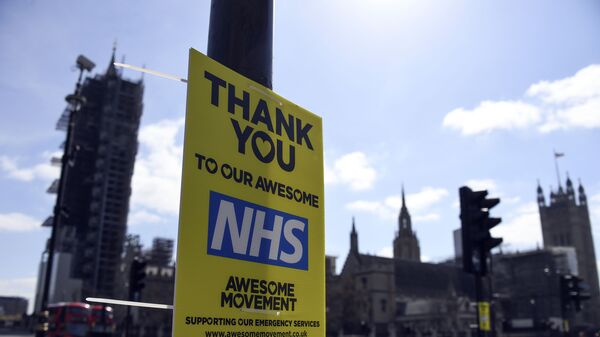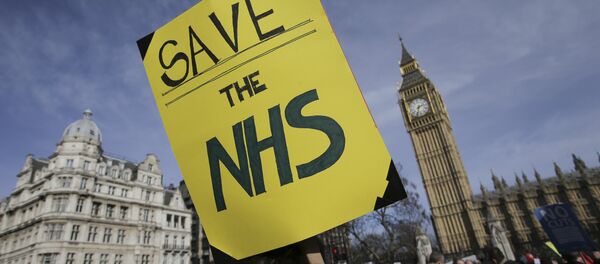A "culture of fear" in the NHS may prevent life-saving lessons about COVID-19 from being learned after a senior hospital official sent emails to staff saying those responsible for leaks would be found and fired, doctors and campaigners have warned as quoted by The Guardian.
In mid-April, Dr Daniel Martin OBE, head of intensive care for serious infectious diseases at the Royal Free hospital, sent a note to staff saying that the trust would track any leaks to the media.
“The usual rules apply and are important to point out again as many internal emails sent within the Trust have ended up on social media and in the hands of journalists. Please do not do any of the following: send this report to someone outside of the Trust, post it on a WhatsApp group, give it to one of the parasites at the Financial Times, or drop it in leaflet form from a low flying aircraft. The Trust will now track any leaks to the media and are then likely to offer you the opportunity to post your P45 on Facebook for all to see. This week’s rant is now over,” the note reads.
The email was sent sometime after the Financial Times published Dr Martin's leaked memo, according to which, there was an equipment shortage at a time when hospitals feared intensive care units might be overwhelmed.
The note has been shared with Liberty Investigates, the investigative journalism unit of the civil rights group Liberty, the Guardian, and Charity WhistleblowersUK by two separate recipients.
“This once again evidences an ingrained culture within the NHS that deters people from speaking up at the earliest opportunity about potentially very serious life-threatening issues,” said WhistleblowersUK chief executive Georgina Halford-Hall.
“When things go wrong we have to make sure lessons are learned, and we have to feel able to speak up. It is always important to support staff who have concerns about safety and not make them feel they are working in a culture of fear," he said.
Responding to the comments after the note had been leaked, the Royal Free London trust said the email was "badly worded" and did not reflect trust policy, adding that the organisation "does everything it can to encourage our staff to raise concerns and, if necessary, whistleblow."



